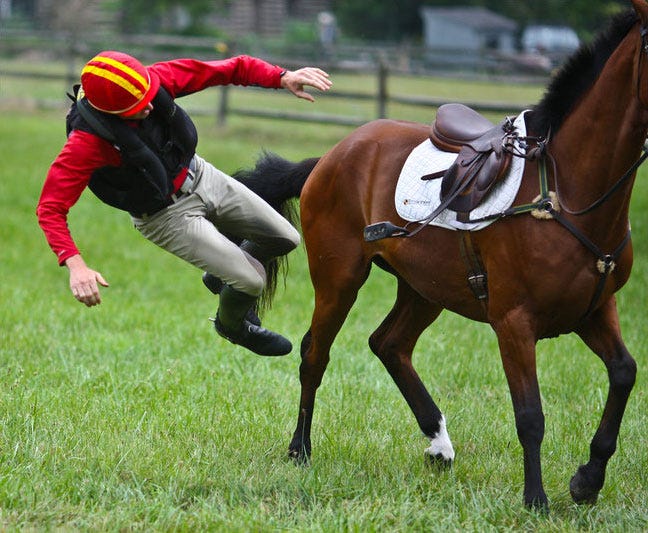Over the years, I’ve read dozens of books and spoken with people across many walks of life about meditation. I’ve kept an on-again, off-again practice since the early '80s, so the dharma talks at my recent retreat weren’t, technically speaking, anything new. But that was the problem—they felt too familiar. I found myself nodding in a kind of echo chamber, where the nuns’ voices harmonized perfectly with my own well-worn mental soundtrack.
Dharma guidance sounds different when spoken by someone who’s actually living dharma in a much more intense fashion than most people can or do. The monastic’s life is rare, quiet, and deep. Observing how they move and speak is nothing like reading a book—it’s a visceral encounter with dharma. It’s captivating. And it’s extremely difficult.
Living the Precepts in depth and bringing an attuned focus to one’s life as they do 24/7 is an effort of gargantuan size. While I know that comparison lies adjacent to unhappiness, what I do with my practice and ‘virtue’ is slightly more than dilettantism when set aside the devotion they display. I felt ‘right’ and ‘good’ about myself, even noble. But in retrospect, I was high on my own spiritual supply. By the end of the week, I had all but forgotten my misgivings and failures. And that’s when the horse bucked.
This sustained sense of ‘I’ve got this!’ was followed by a sudden and inevitable fall off my horse which started just moments after the retreat was finished. The result was a tailspin toward a hard-won lesson in humility. To this freefall add an eight-hour drive home through the SoCal desert and Central Valley, leaving me feeling deflated for the better part of the next few days. Nothing I could do had the power to blow those clouds away, and I knew that I had to wait it out. Humble pie is never tasty and often chewy like jerky.
I realized I hadn’t just wasted the week—I’d mistaken the mirror for the window. Worse still, it wasn’t the first time. Maybe you know that feeling too: that you’ve been skating, surviving with just enough charm or competence to get by, but not to grow. That question—am I thriving or just functioning?—keeps tapping me on the shoulder. Maybe it taps you, too.
Maybe this will-to-thrive is a product of being American. Another shadow to work through, a form of existential magnetism that causes our personal compass to go wacky sometimes. Maybe it’s not. The nuns—they were beautiful in their way, but are they thriving? I can’t make that call. I know it’s a question I ask myself often though, and one I need to dig into further if I’m to find anything of value.
Back to the drawing board.
KOAN #18
I’m not convinced deep psychoanalysis helps most of us. But some aspects of our past—especially how we related to siblings or early caregivers—hold powerful clues. These early dynamics don’t just shape how we got through childhood. They shape how we show up now: at work, in love, in conflict.
One of these is the relationship we have with our siblings, or other significant persons in our youth. While not necessarily the primary map of our psyche, the way we navigated childhood in relation to our brothers and sisters meaningfully defines our relationship and place in the world and how we navigate as autonomous adults. What was salient in those relationships? How was survival, attention, and love affected by the way we were as children? How do those immature strategies contribute to how we maneuver the world today?
Define, in writing, your relationship with your siblings. If you have no siblings, use the most significant person in your formative life (if it’s a parent, OK).
The Jesuits (riffing on Aristotle) say, “Give me a child of seven, and I will show you the adult.” Maybe so. But we only get to look backward. That’s our portal, so start there. Respond to the koan—and get back on the horse.





Wonderful, as always, Mr Welte. Probably even pertinent to me. Some thought jerky to chew on.